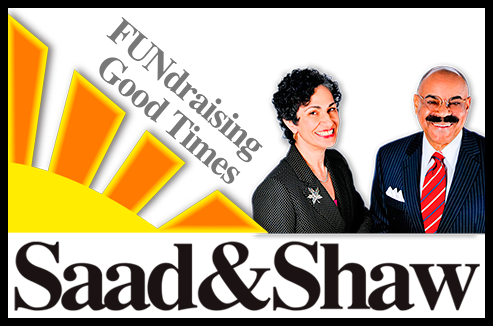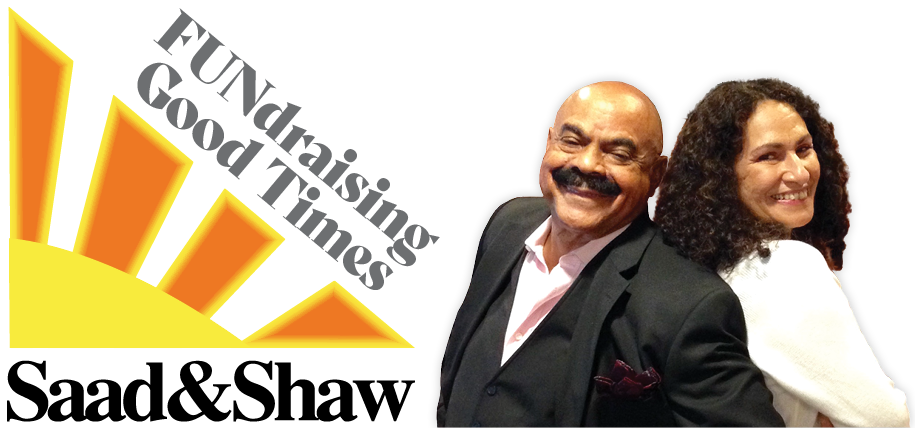
Our column Coloring within the lines raised questions related to diversity, equity, and inclusion, including one about the responsibility of Black organizations. We asked for your opinions and heard back from reader Clanzenetta “Mickee” Brown, principal consultant with Special Project Partners. Brown is currently working with a university institute in her community to provide DEIB (diversity, equity, inclusion, and belonging) workshops in schools, businesses, and other settings. Here are her responses to the questions we raised.
 Is DEI a priority for Black-led organizations? I certainly hope so. Of course, hiring candidates from other racial groups is important, but Black-led organizations must focus on gender, nationality, language, education, religion, sexual orientation, region, age, and other dimensions of diversity. A room full of old, straight, Black guys, from the same area of the country who attended the same kinds of universities is not diversity. Black-led organizations must attend to intersectionality. I am always reminded that the Civil Rights movement was patriarchal relegating women – who are still not well-discussed today – to the sidelines (Ella Baker, Fannie Lou Hamer, etc.). The Movement was also homophobic hence the subjugation of Bayard Rustin. Moreover, Black Lives Matter was the brainchild of Queer Black women (Alicia Garza, Patrisse Cullors and Opal Tomet). The diaspora is rich and varied!
Is DEI a priority for Black-led organizations? I certainly hope so. Of course, hiring candidates from other racial groups is important, but Black-led organizations must focus on gender, nationality, language, education, religion, sexual orientation, region, age, and other dimensions of diversity. A room full of old, straight, Black guys, from the same area of the country who attended the same kinds of universities is not diversity. Black-led organizations must attend to intersectionality. I am always reminded that the Civil Rights movement was patriarchal relegating women – who are still not well-discussed today – to the sidelines (Ella Baker, Fannie Lou Hamer, etc.). The Movement was also homophobic hence the subjugation of Bayard Rustin. Moreover, Black Lives Matter was the brainchild of Queer Black women (Alicia Garza, Patrisse Cullors and Opal Tomet). The diaspora is rich and varied!
Do we need to embrace diversity? Yes. A room full of Black people is not the hallmark of diversity. People with different experiences, coming from different backgrounds, worshipping in different ways, representing different generations is important for building organizations representative of our communities. “Black” is African descendants of the enslaved. new African immigrants, and Afro-Latinos. We are Muslim and Christian. Black folks are young and old, and we are liberal and conservative. We are reared in every region of the Americas and beyond in suburbs, public housing, and rural towns. A Black Brit and a Black American share the kinship of race, but we are shaped differently by country, language, history, and politics in different ways – all interesting and all valid.
Black-led organizations stay true to the aspirations, needs, and concerns of Black people through their mission, vision, values, community investments, and social responsibility imperatives. To better meet the moment, Black organizations must check themselves so that “all kinds of people” are given opportunities, not just those who meet the criteria for being “our kind of people”…Black yes, but also politically connected, and upper middle class; or Black with street credibility coming from an impoverished background. Black people are not tropes. Our community is multifaceted as are our issues, and typically the concerns of other groups have a space in our house.
Can we demand that other organizations embrace DEI and simultaneously pride ourselves on our Black leadership? No. Black organizations have to do the same work as predominantly White organizations. Blackness is only one layer of one’s diversity. Black leadership is absolutely important, but if that Black leader looks into a room of persons exactly like him, her, or them – that’s not enough.
Clanzenetta “Mickee” Brown is an organizational management consultant who develops and facilitates DEIB workshops in Jacksonville, Florida. You can reach her via email (cmbrown@yourspecialproject.com) or phone-text/voice (904-404-9342)
Copyright 2021 – Mel and Pearl Shaw of Saad&Shaw – Comprehensive Fund Development Services. Video and phone conferencing services always available. Let us help you grow your fundraising. Call us at (901) 522-8727. www.saadandshaw.com.

Be the first to comment